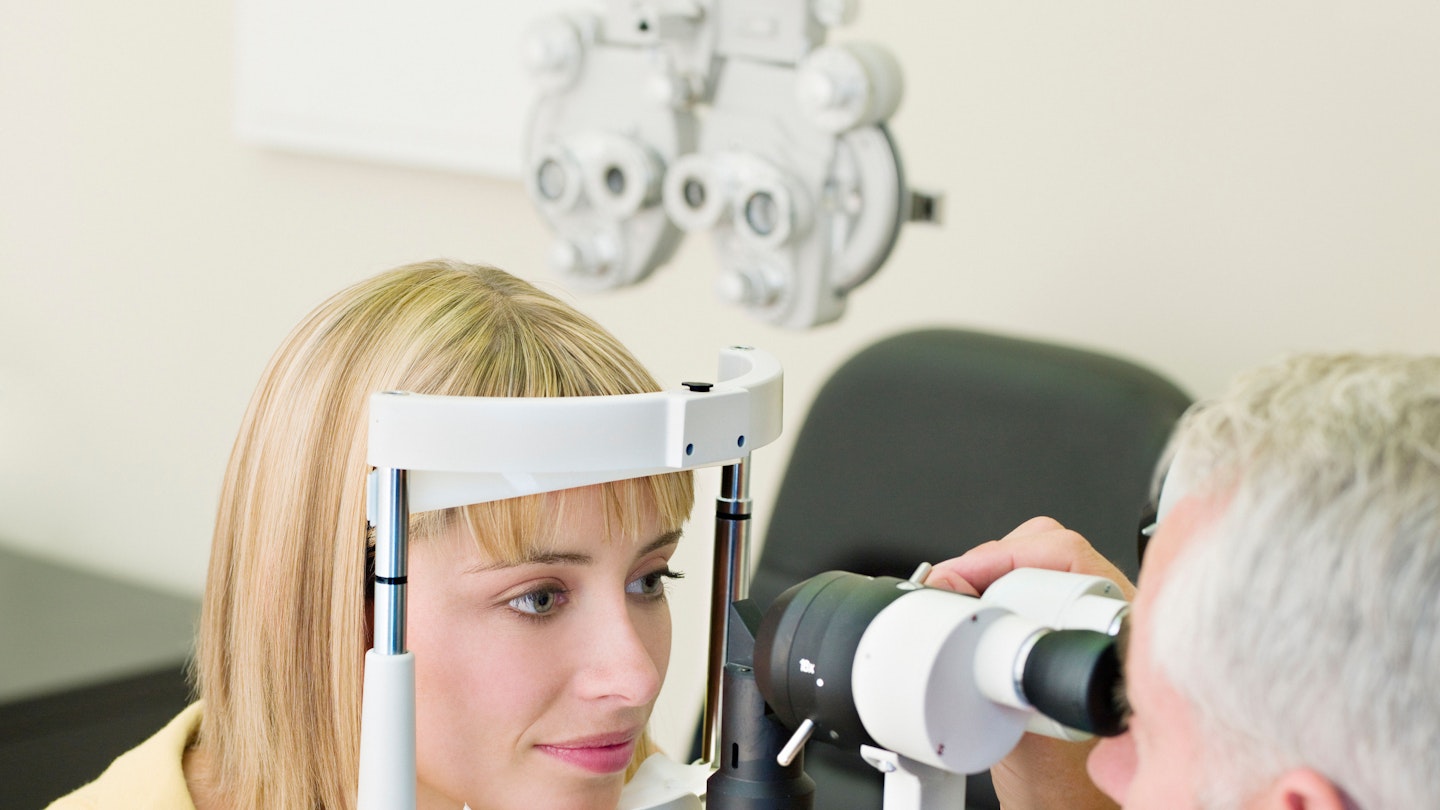For many of us, our weekly day looks a little something like this; staring at our computer screens during the day, gazing at our TV sets by night, and catching glimpses of our smartphones at every moment in between.
But while this is something that's become so routine in daily life, maybe it’s time that rethink our relationship with everything turned-on and inside, as experts have warned that these habits are having a serious effect on our health.

A study published in the Ophthamology journal predicted that as many a five billion – half the world's population – will be short sighted by 2050, being a seven fold increase from the year 2000.
And for one fifth of these – (one billion people) – the risk of complete blindness will be significantly increased.
And these scary figures are all said to be down to our addiction to all things smartphone and digital related.
Authors of the study, which was conducted by the Brien Holden Vision Institute, University of New South Wales Australia and Singapore Eye Research Institute, attributed the predicted increase of short sightedness (myopia) to:
“Environmental factors (nurture), principally lifestyle changes resulting from a combination of decreased time outdoors and increased near work activities, among other factors."
The study aims to bright to light what they say is a major public health issue, as the increase in sight problems has been rising rapidly across the end of the twentieth and into the twenty-first century – it’s even been called an ‘epidemic’ by experts.

Co-author Professor Kovin Naidoo, CEO of Brien Holden Vision Institute warns that we all need to take actions to protect our children, too.
He said: "We need to ensure our children receive a regular eye examination from an optometrist or ophthalmologist, preferably each year, so that preventative strategies can be employed if they are at risk.
“These strategies may include increased time outdoors and reduced time spent on near based activities including electronic devices that require constant focussing up close.”
For more information on myopia, see the NHS site HERE.
You may also like...
*[Could laser eye surgery restore your 20/20 vision?](Could laser eye surgery restore your 20/20 vision?)
